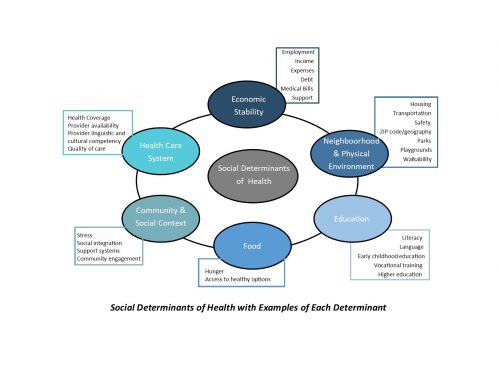National Nurses Week begins each year on May 6th and ends on May 12th, Florence Nightingale’s birthday. In honor of National Nurse’s Week, I thought I would reflect on ome of the changes in nursing just since the 1970’s. That doesn’t sound so long ago, right? But there is a sea change in so many aspects of the tasks in nursing, just since the 70’s.
For example, you had to know your math to figure out how to calculate the total volume the patient would need to receive of IV fluids in an eight-hour period. First you had to know how many milliliters/8 hours needed to be administered. Then you would divide by 8, then by 60. You also needed to know how many drops/ml your tubing administered. I got very good at ratios. Once you had that calculated, as there were no machines to calibrate the drops/minute that were administered, the IV fluids then had to be calibrated manually and checked on frequently. Currently, computer technology and IV infusion pumps take all the mystery out of these calculations.
Every task the nurse performed was documented on paper. There were no computers. We used “tubes” throughout the hospital to deliver orders, etc. to the appropriate departments. There were no MRIs or CT scans when I first began my career as a nurse.
Patients when admitted, stayed in the hospital for extended periods of time. For example, I remember my first carpal tunnel surgery patients were hospitalized for more than even one day, postoperatively. We got to know our patients and their families much more personally.
My uniform was white, and I wore a nursing cap. My cap was specific to my school, and I always wore my school nursing pin. When I joined the Emergency Department staff we were told not to wear our caps because of sanitation concerns. We ED nurses felt very special and cutting edge.
Everyone smoked in the workplace. The doctors sat at the desk in the ED and smoked right in front of the patients.
While attempting resuscitation during a cardiac arrest, no one wore gloves. Our sharps containers were made of cardboard, but we didn’t use them in a code situation. We lined the syringes in order and stuck them into the mattress, so we could record them in our notes after the code if there were any questions.
Currently, technology and health information continues to explode. We are focused more than ever on a collaborative approach to the person’s health care. The case managers at CompAlliance work to become certified in the field of case management. They partake in ongoing continuing education to stay abreast of all the new trends and information in their field.
What hasn’t changed in the field of nursing? Our case manager’s concern for the injured worker and the goal to ensure the injured worker receives the excellent care they require to achieve a timely and medically appropriate return to work and their normal lives. I hope you can take the opportunity this week to thank those nurses in your own family or with whom you work.
